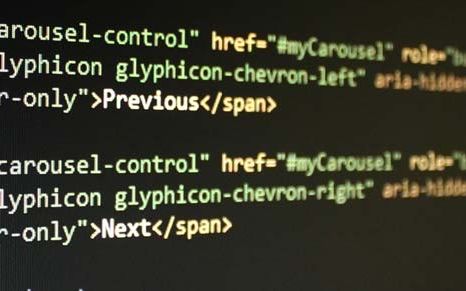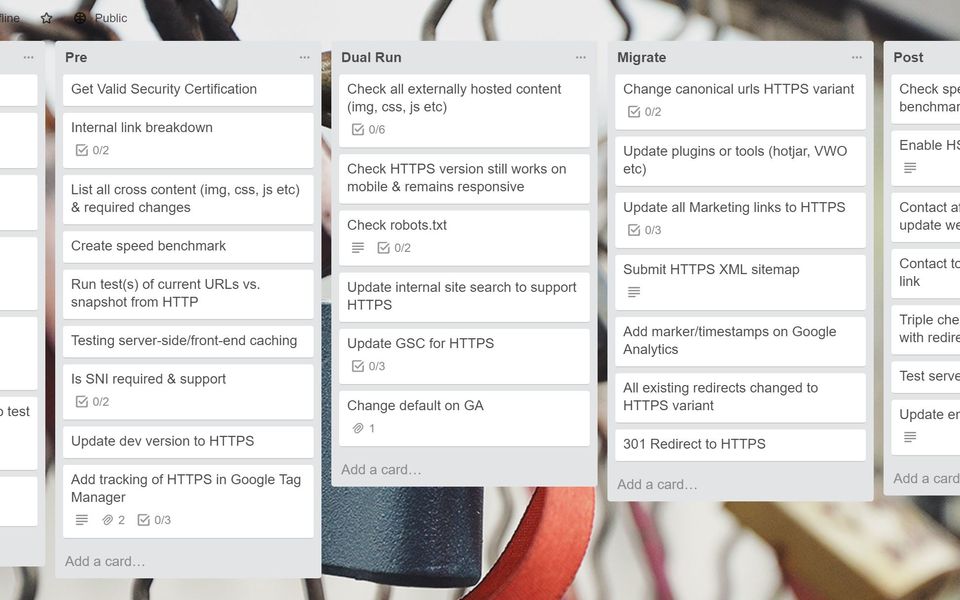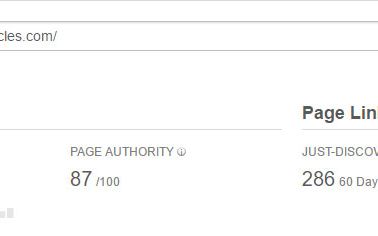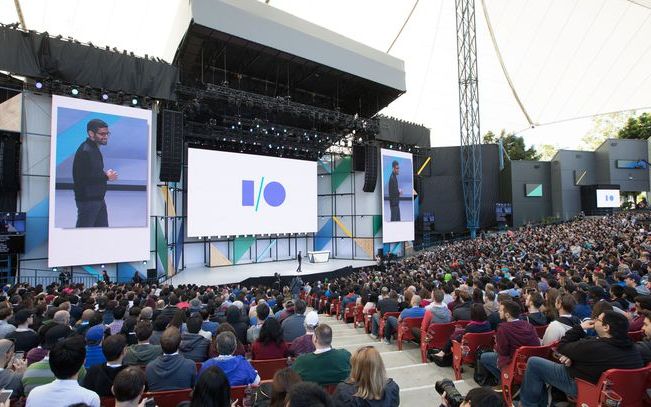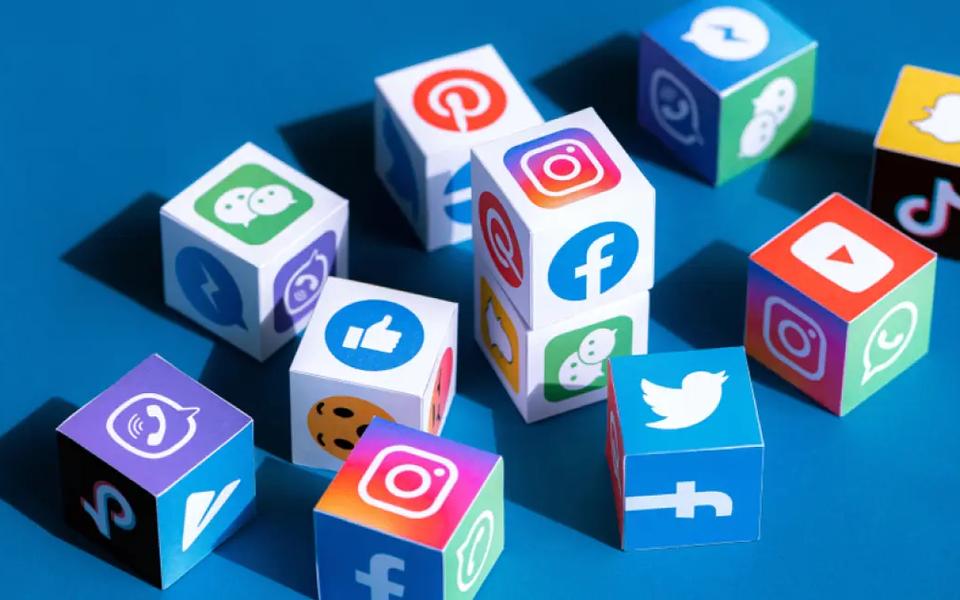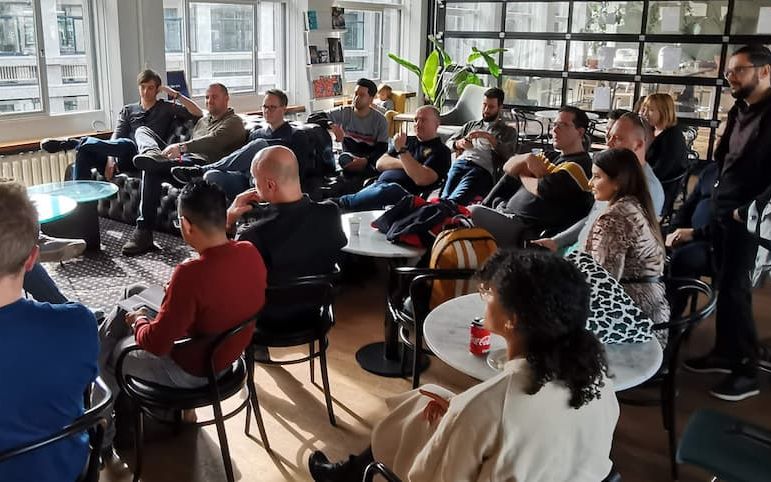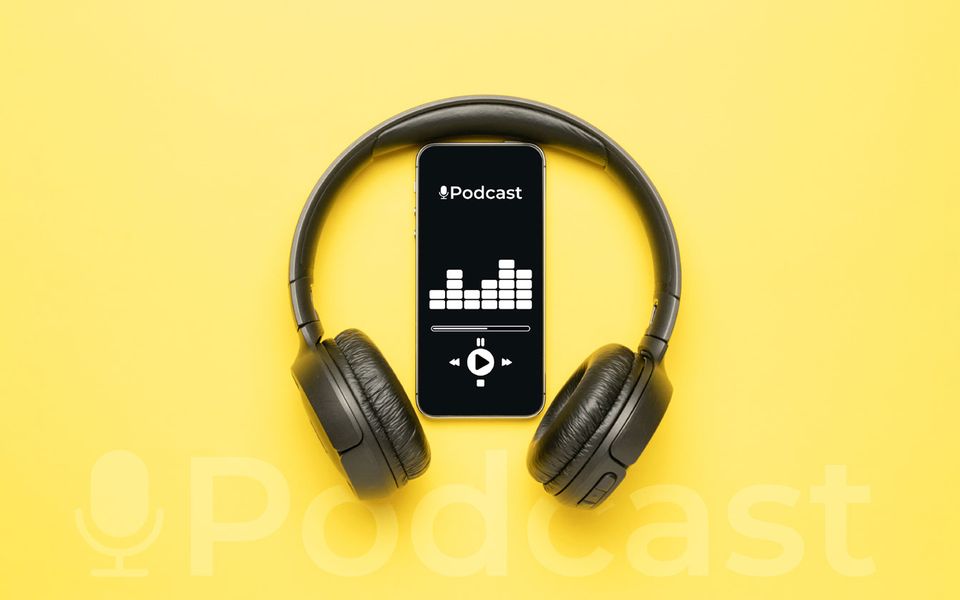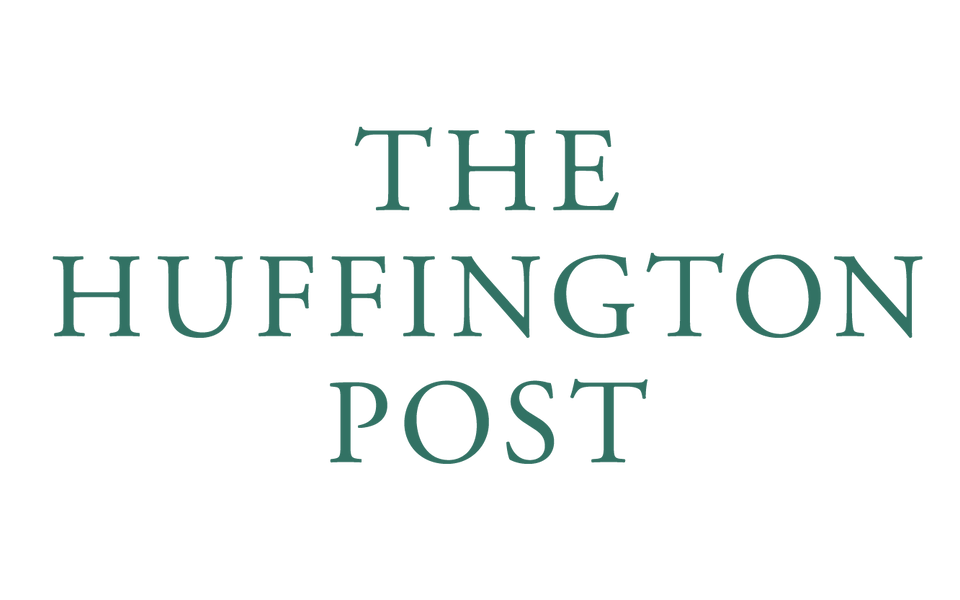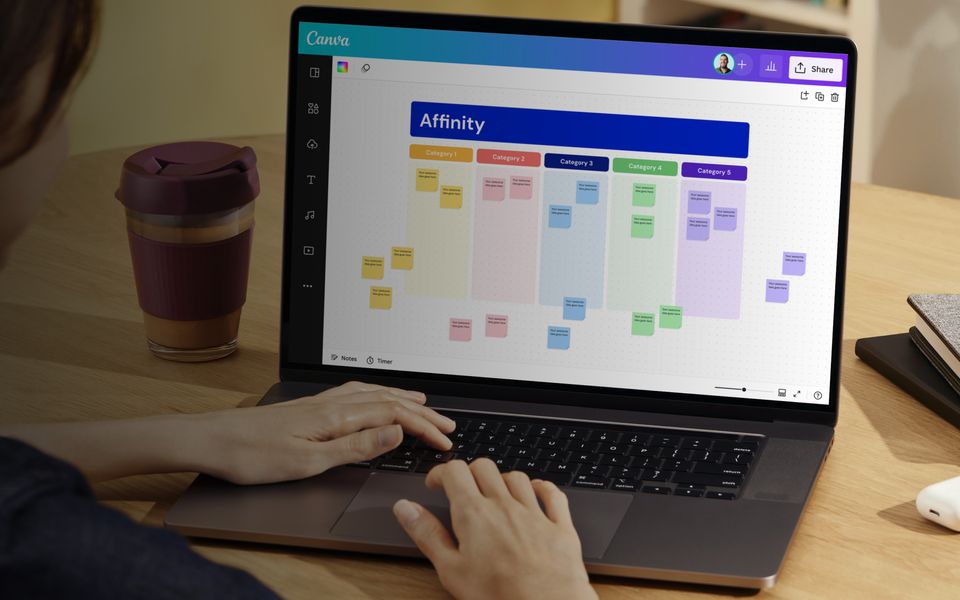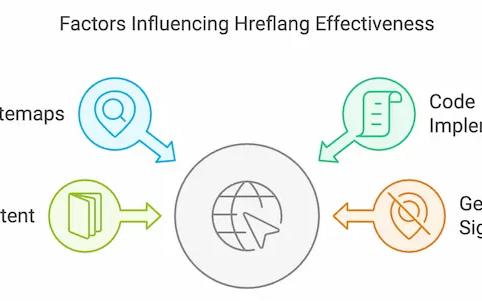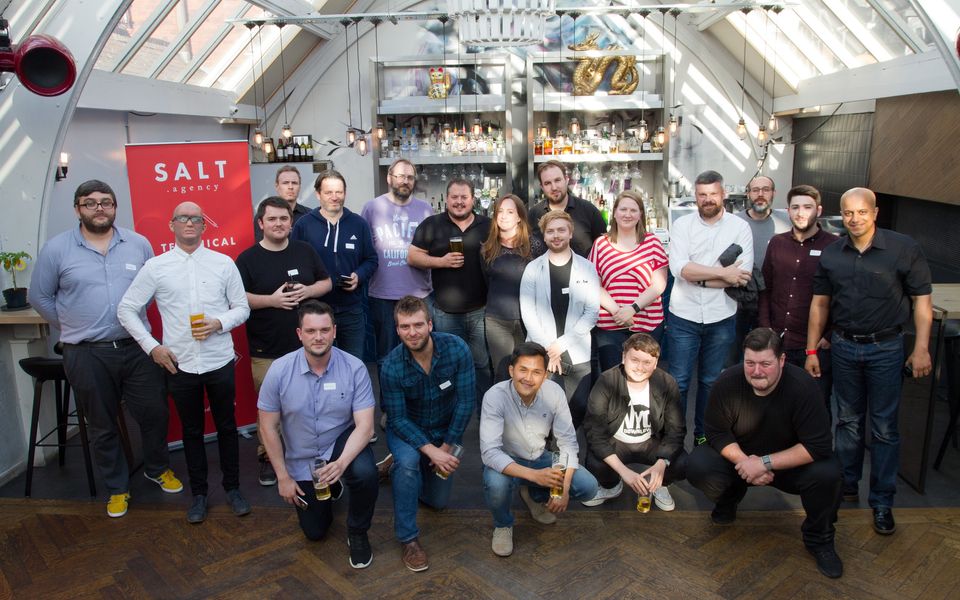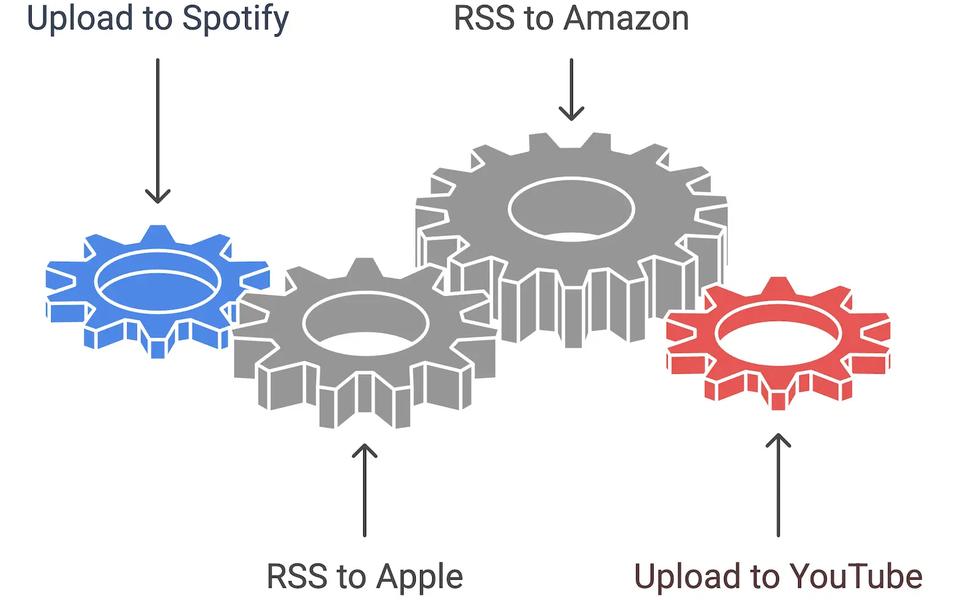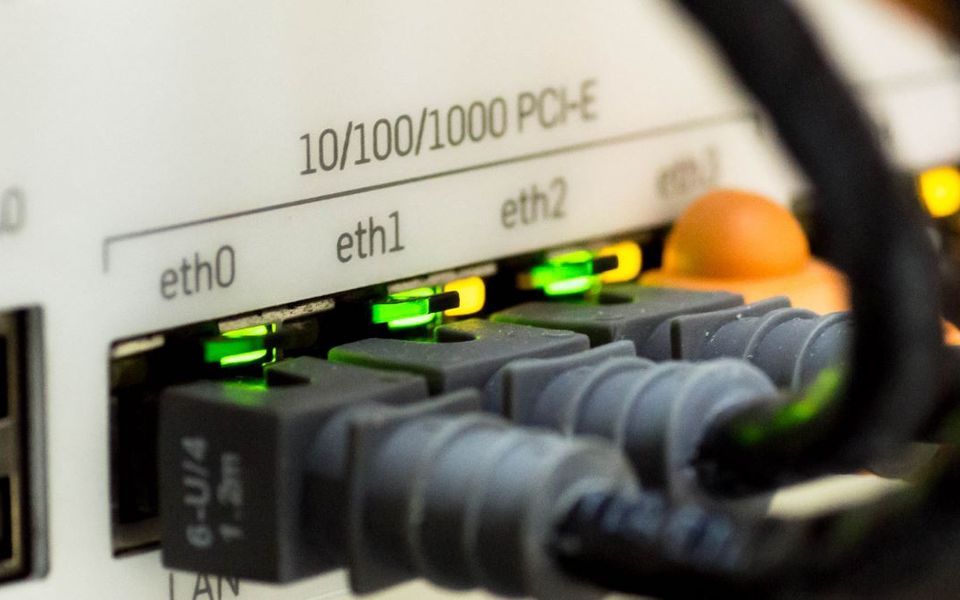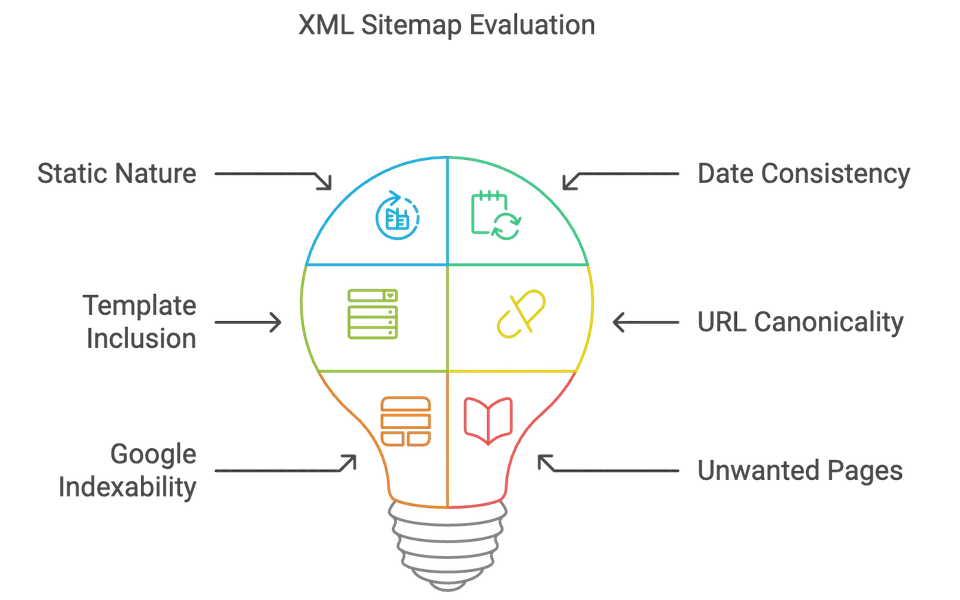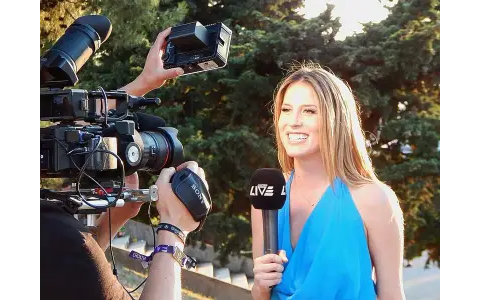“You do it to yourself, you do
And that’s what really hurts” – Radiohead
AdWords have subtly announced that campaigns can now spend up to twice their daily budget on a given day. Over the course of a month accounts will never be charged more than 30.4 times the daily budget (it isn’t obvious to me if this time period is rolling or if it refers to calendar months); any clicks over this limit will be free.
See https://support.google.com/adwords/answer/1704443?hl=en for the details.
I have mixed feelings about this announcement. First I will explain why it is a good thing and then I’ll discuss the downsides.
The vast majority of advertisers I have worked with run most of their AdWords advertising on a monthly budget. These campaigns will not see increased costs under the new system because, in the case of a monthly overrun, AdWords will give them clicks for free. i.e. the worst thing that will happen for 90% of the stuff I do will be that they get some free clicks.
But there is always the need for short term campaigns or campaigns with a different business cycle for which monthly budgeting is not appropriate. These campaigns could have weird budgeting now that would have been more stable before.
However (and this shouldn’t be a controversial point), campaign budgets should not be used to control the daily spend. Instead, spend should be controlled by adjusting bids. Identifying campaigns with Lost IS (Budget) greater than zero and reducing bids in those campaigns is always an easy win for me when taking over a new account.
Google know this too and since advertisers being excluded from the auction because of lost budget is obviously bad for Google they have proposed this as a fix.
I’ll say that again to be clear; advertisers missing out on auctions because budgets is bad for the advertiser and bad for Google. Advertisers missing an impression because of a low bid is maybe bad for Google but it is not bad for the advertiser as long as the bid is a good bid.
Google will make this change to budget limits and things will get better for advertisers as a result. But this is mainly because the PPC managers for those advertisers were doing a bad job by using daily budget caps to restrict the number of auctions their ads could be a part of. Google have taken away some of our control because we (as a community) weren’t using it properly.
The downside of this is that we are one step closer to a world where Google say “we’ll bill you as much as we want to; just trust us that you are getting value for money here”.
Google’s path from here to there relies on advertisers believing two things:
- AI is the future of marketing
- Google is better at AI than you
I think the second point is true. The first point is less clear cut; I don’t think it is anywhere near certain that AI is the future of marketing. “AI” can mean anything from the singularity or skynet (futures where marketing doesn’t matter very much) to basic applications of machine learning (kind of where we are now).
But, if advertisers can be convinced that AI is the future of marketing, then the natural next step is for them is to give more control to Google because Google are better at AI than media agencies.
The paid search industries fetishisation of AI, seen in conferences and blogs, is going to convince clients about the utility of AI even if this is not the case. And then Google can just swoop in and do more things automatically with no resistance.
In other words, as an industry we have no one to blame for this but ourselves:
- We manage accounts badly so that advertisers are kept out of auctions due to budget constraints.
- We tell everyone that AI is the future so that when a company that is commonly acknowledged to be *great* at AI says “we are going to do this with AI” everyone is like “OK, sounds great”.




